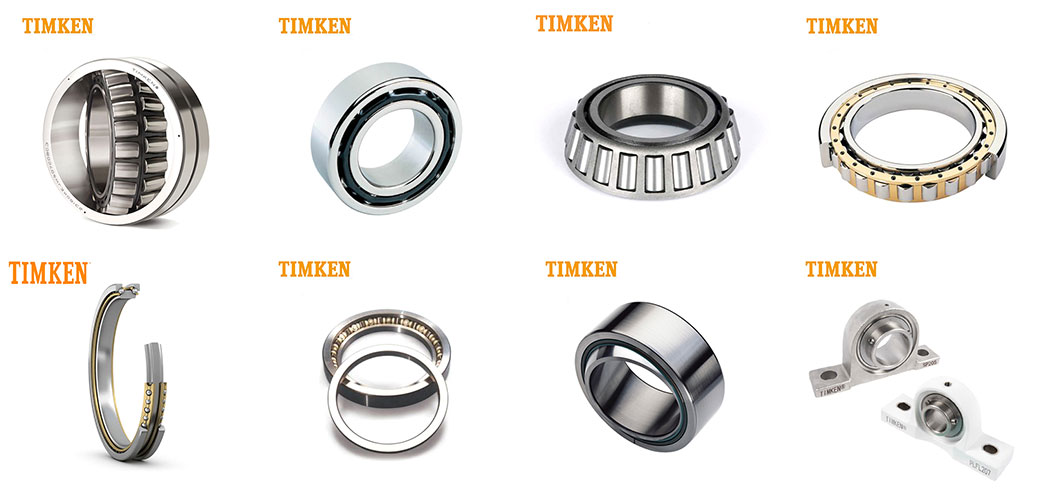
NR Bearing (Shandong) Co., Ltd. was founded in 2001 and is a professional enterprise specializing in the research and development, design, production, and testing of high-quality bearings. In addition to independent core technology products, the company also sells the full range of TIMKEN bearing products, including deep groove ball bearings, cylindrical roller bearings, angular contact ball bearings and other mainstream types. With excellent precision control and stable reliability, it has won market recognition. These high-quality bearings are widely suitable for key fields such as automotive manufacturing, aerospace, industrial machinery, energy equipment, and rail transit. No matter if you have any bearing procurement needs, please feel free to call us for consultation. NR bearings will provide you with comprehensive support with professional standards and enthusiastic service.
TIMKEN bearings: the precise choice for industrial operation
In the complex system of mechanical equipment operation, bearings are like key "joints". Although they are small in size, they play a crucial role in the stable operation and efficient transmission of the equipment. TIMKEN bearings, as a well-known brand in the industry, occupy a pivotal position in the global industrial field with their excellent quality, advanced technology, and wide applicability. Whether it is the high-speed rotation of car engines, precision machining of industrial machine tools, or the enormous torque transmission of wind turbines, TIMKEN bearings silently support the smooth operation of various equipment with their own advantages, contributing indispensable strength to the vigorous development of modern industry. Next, let's delve into the unique charm and extraordinary value of TIMKEN bearings.
The profound heritage of a century old brand
In 1895, TIMKEN was founded in the United States, and its founder, Mr. Henry Timken, invented tapered roller bearings for axles. This innovative design completely changed the field of bearings. In the past, traditional wheel axle bearings have changed very little since ancient times, relying more on "friction bearings" enclosed in boxes containing lubricants. Without lubrication, they are prone to failure due to excessive heat generated by friction. The tapered roller bearings designed by Henry Timken adopt a "cup" and "cone" structure, allowing the rollers to roll and greatly reducing friction on the bearings by evenly distributing weight and load. In 1898, the design was patented, laying a solid foundation for the company's development.
With the rise of the automobile industry, the company relocated to Canton in 1901, which was close to the American automobile manufacturing centers of Detroit and Cleveland, as well as the steel manufacturing center of Pittsburgh, providing a favorable industrial environment for the company's development. In 1916, in response to the increasing demand for steel during World War I, uneven steel quality in the market, and price fluctuations, the company began to enter the steel and pipeline manufacturing business, achieving vertical integration and ensuring the quality of steel used for bearing production.
Up to now, TIMKEN has grown into a globally renowned enterprise. In 2010, its sales reached $4.1 billion and the total number of employees worldwide was approximately 20000. The company has offices in 27 countries and regions worldwide, with 52 factories, 100 sales offices, 9 technical centers, and 14 distribution centers. Since its listing on the New York Stock Exchange in 1922, it has paid quarterly dividends for 351 consecutive periods, demonstrating strong market stability and sustainable development capabilities.

